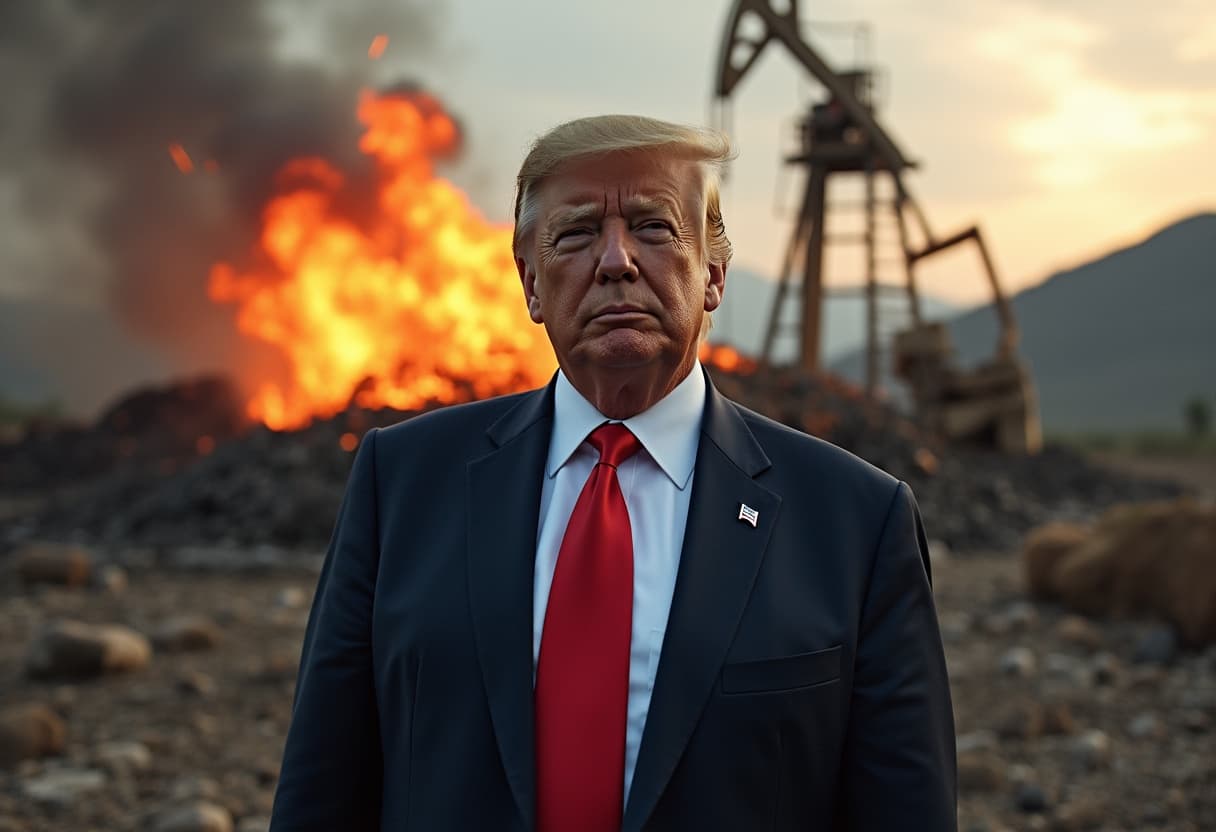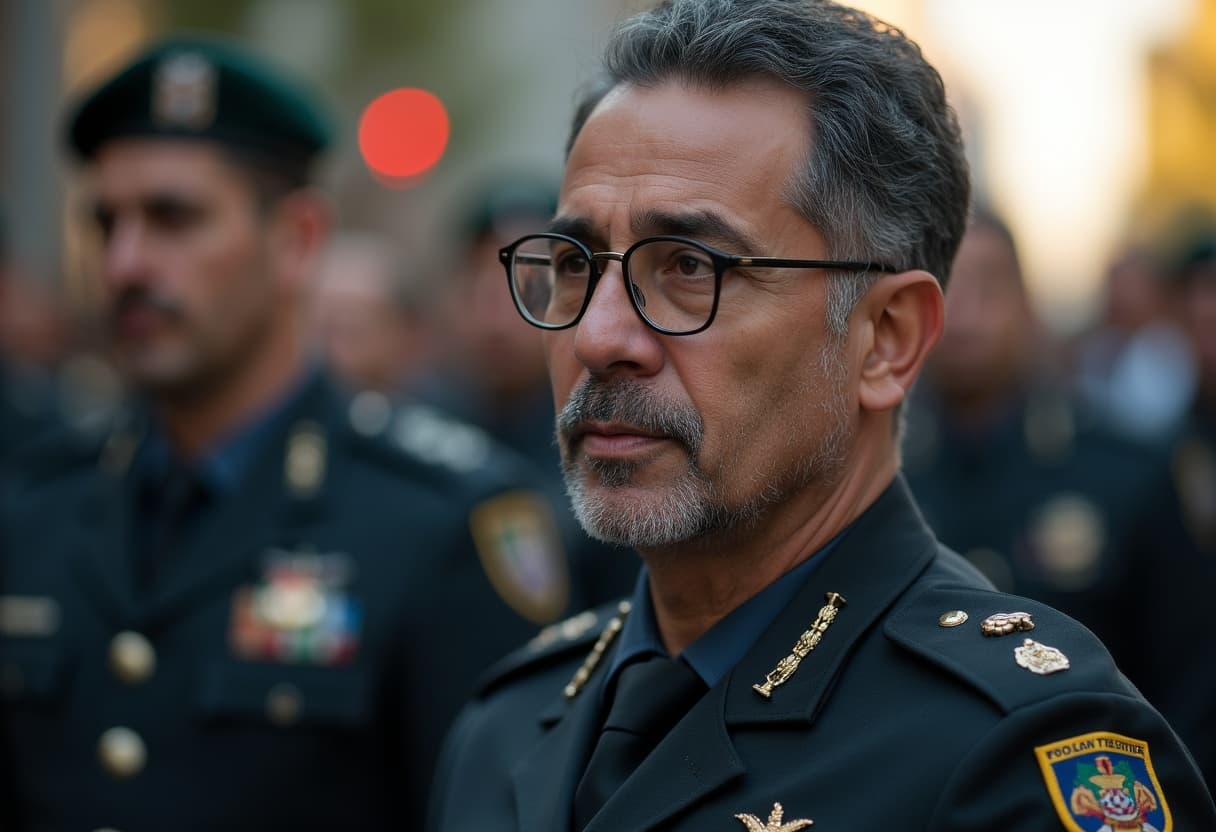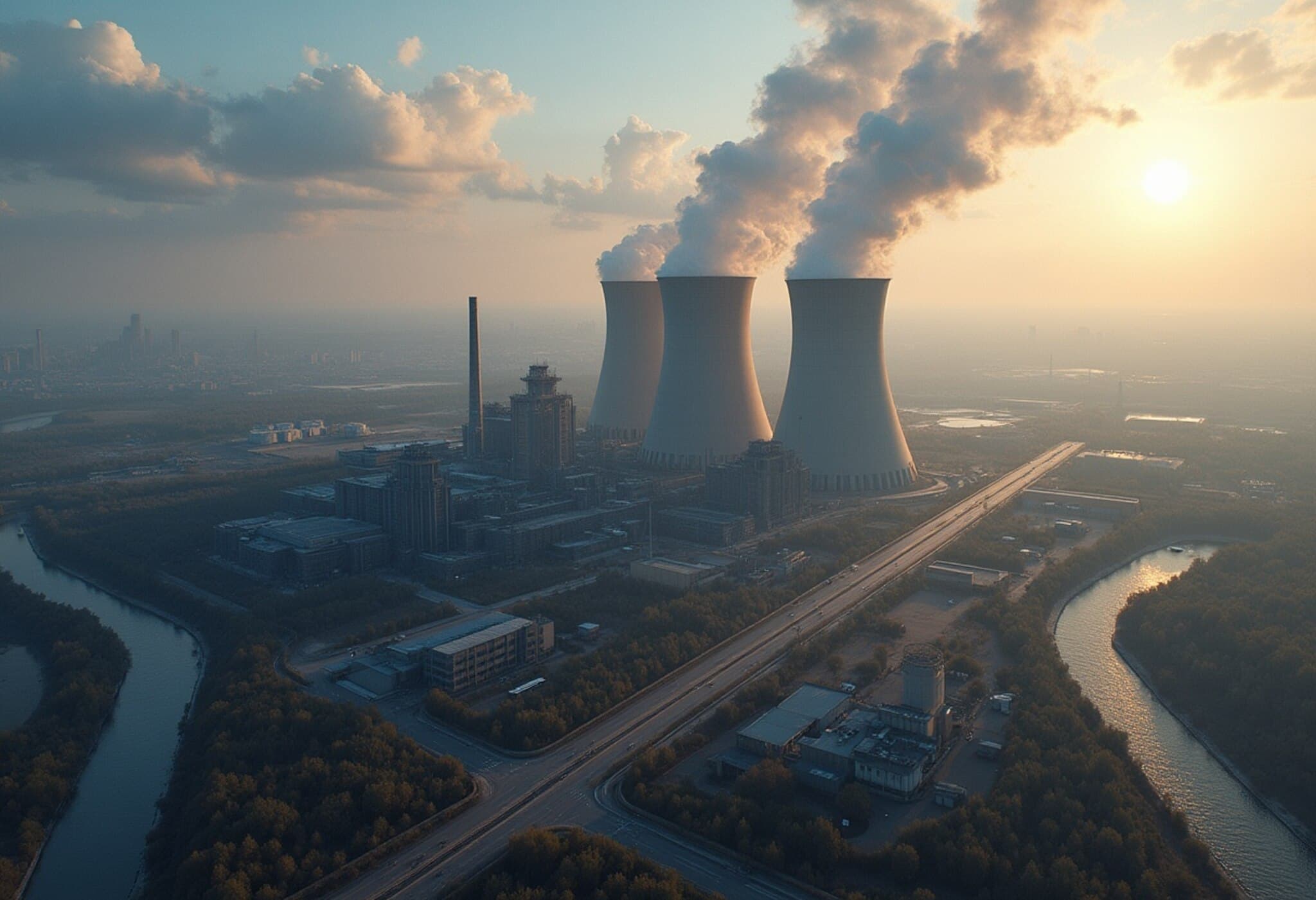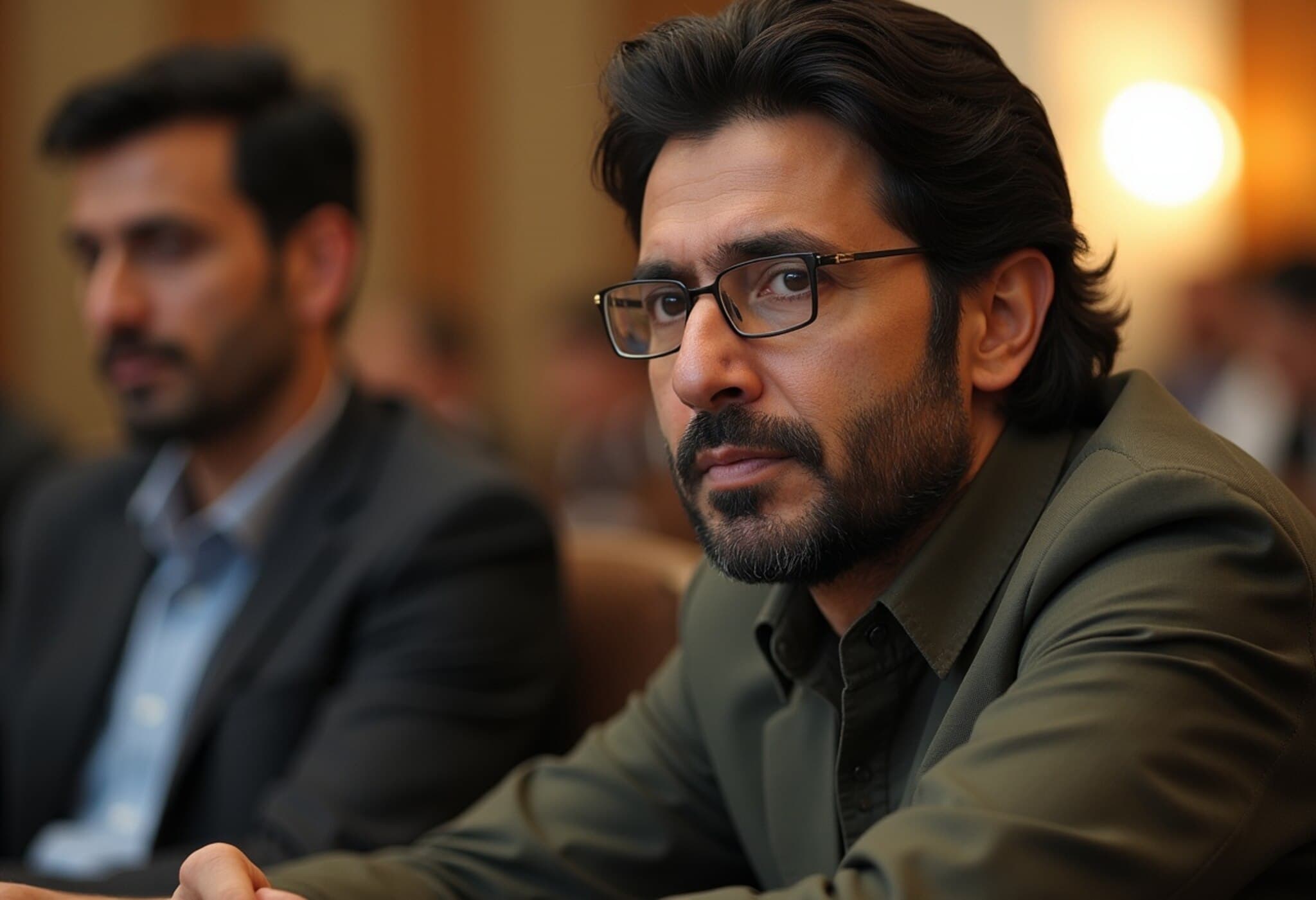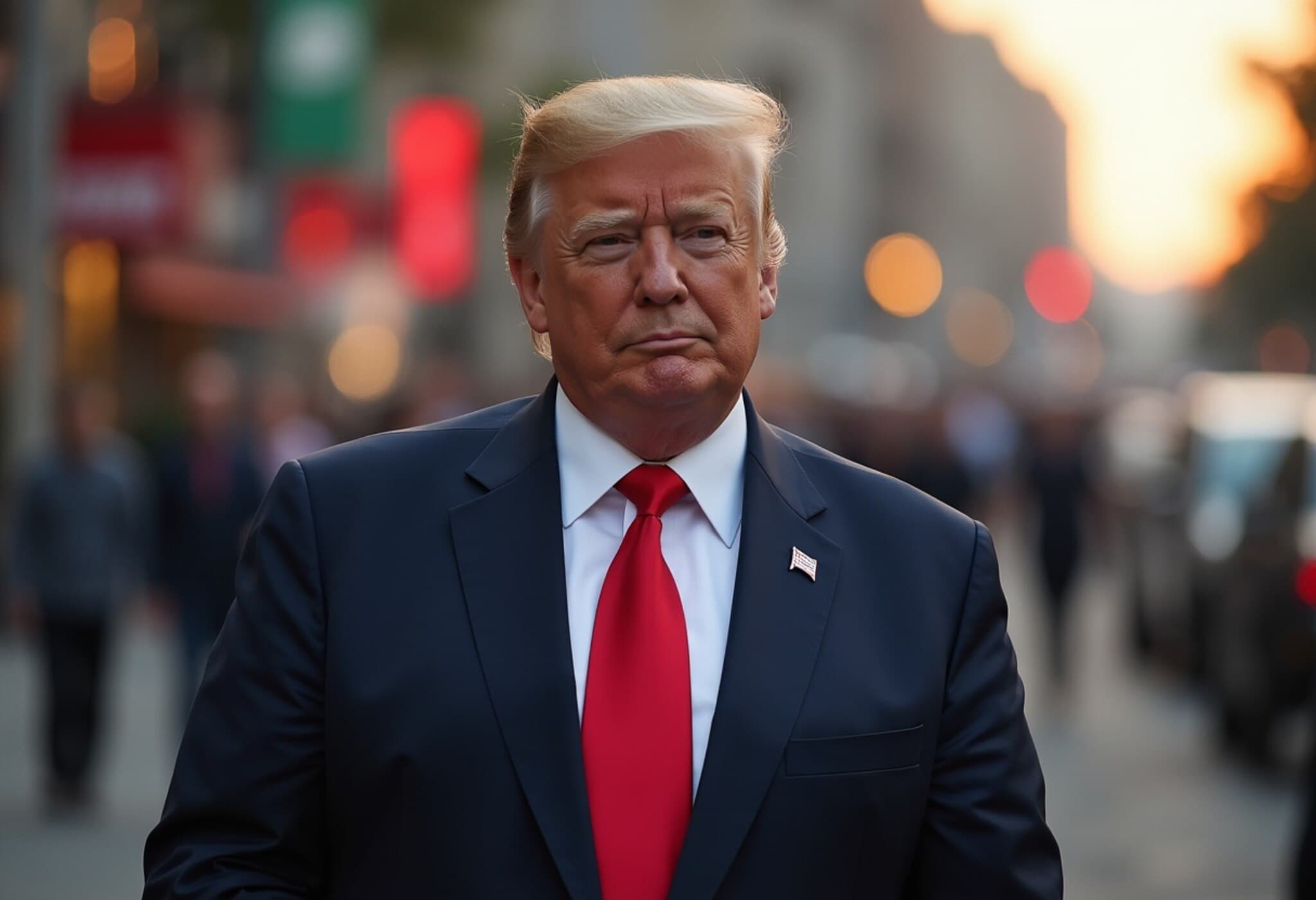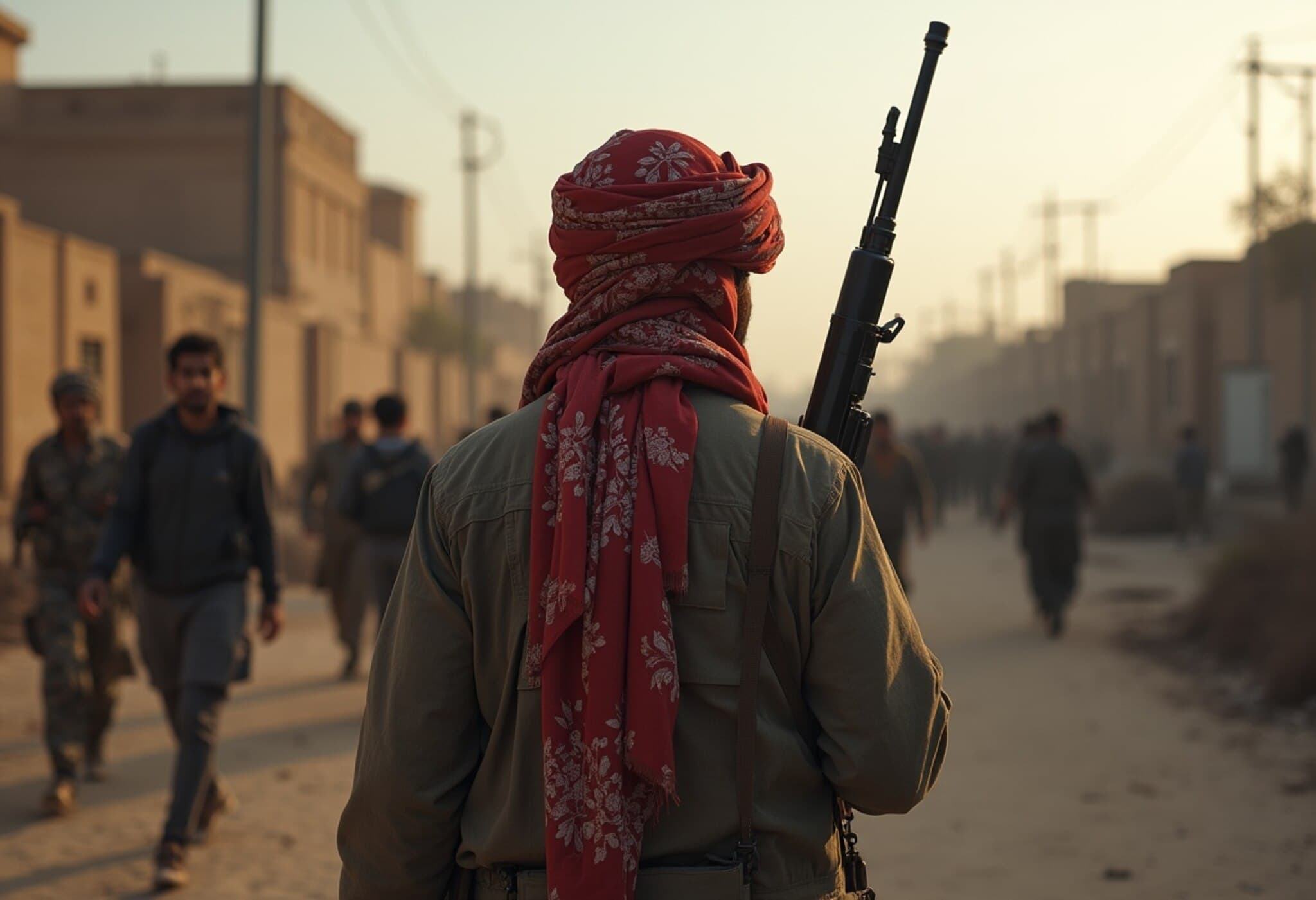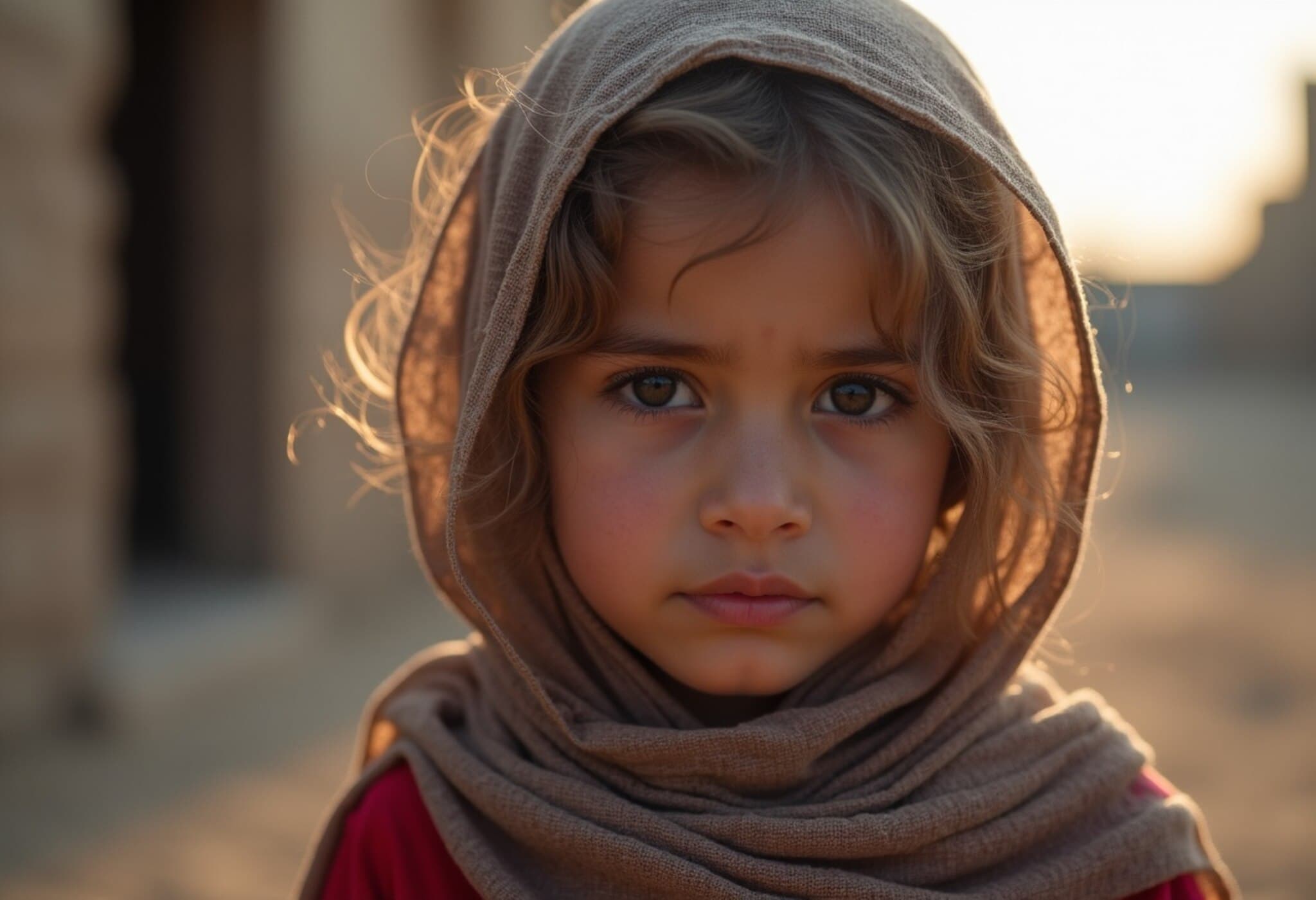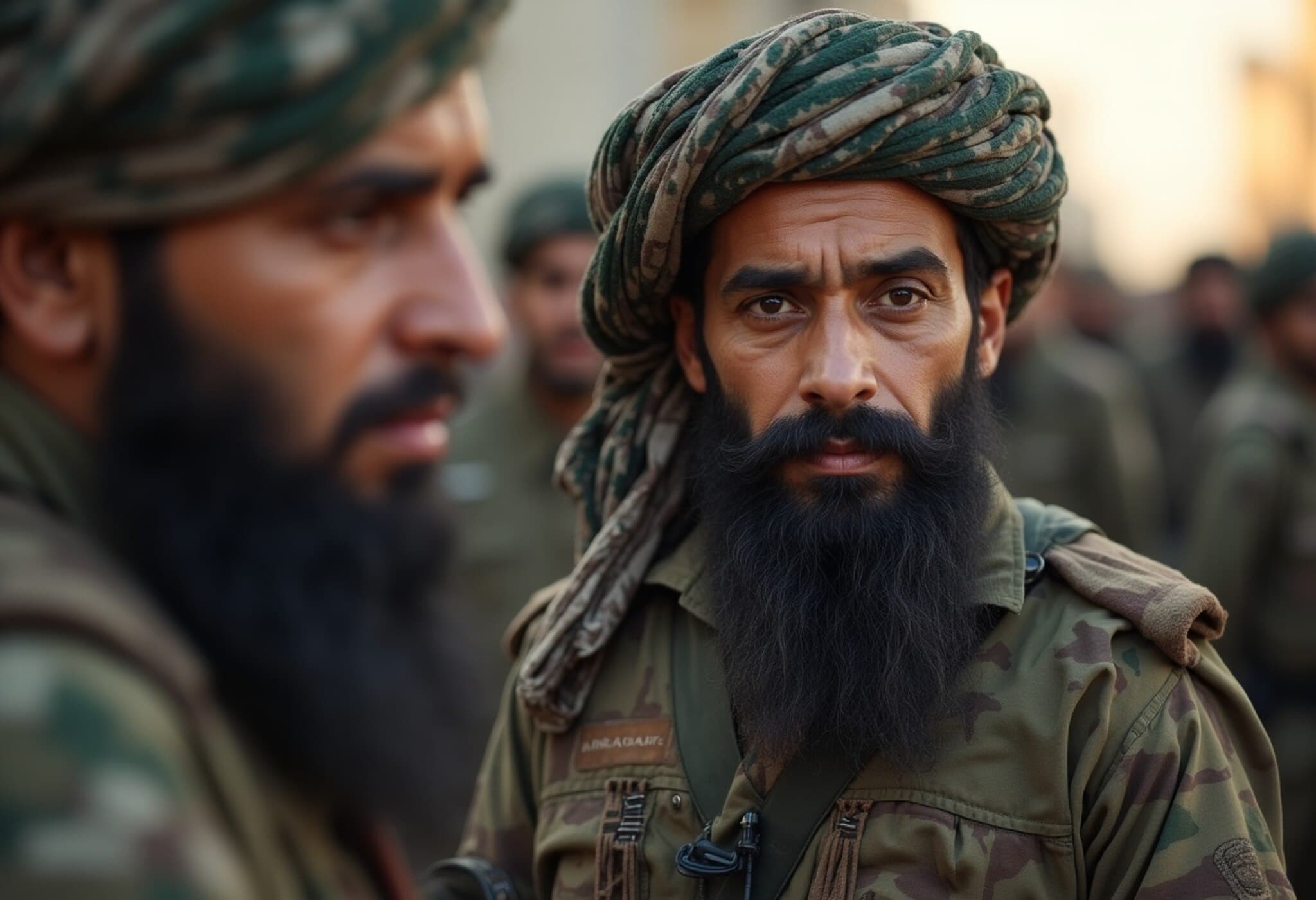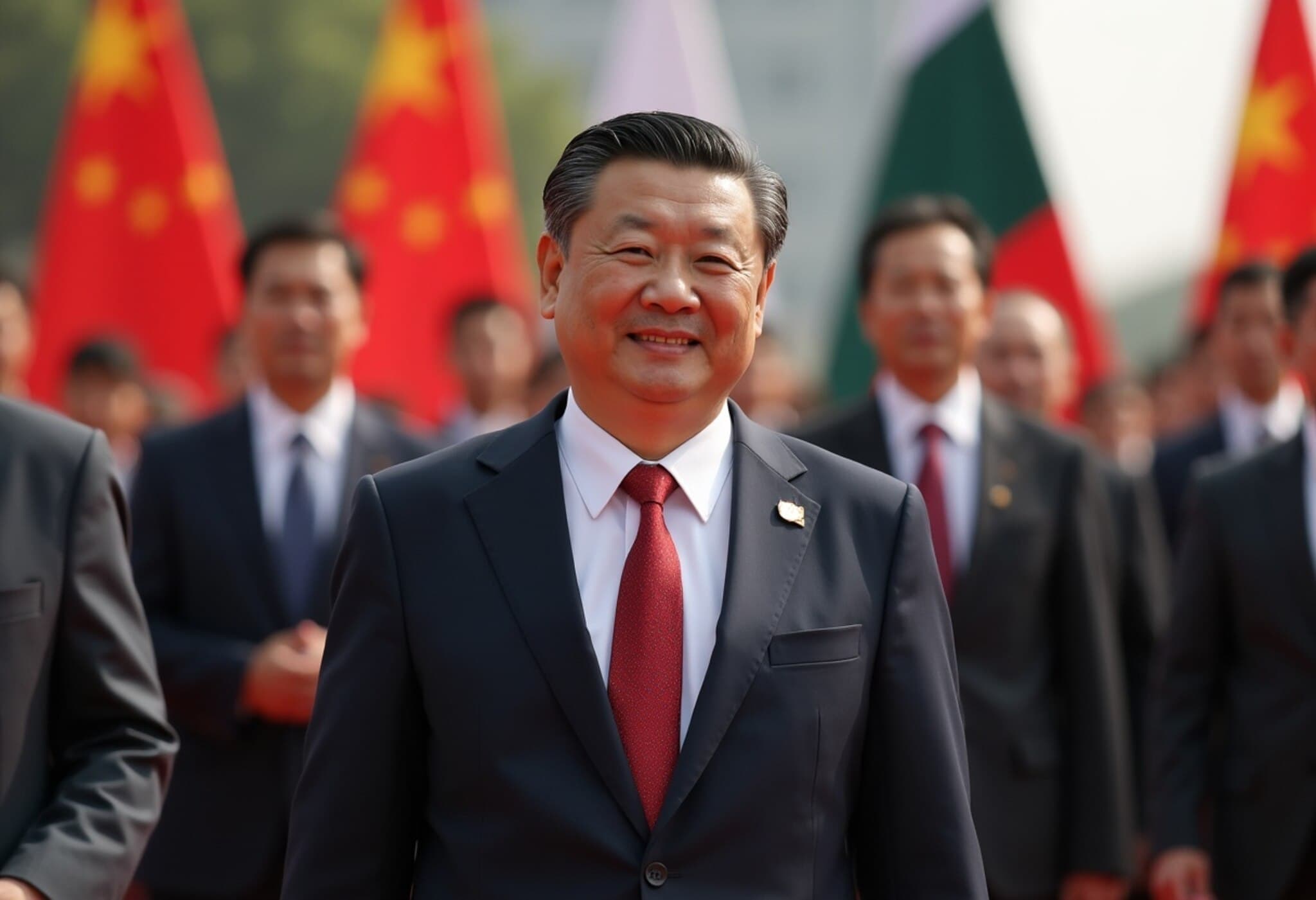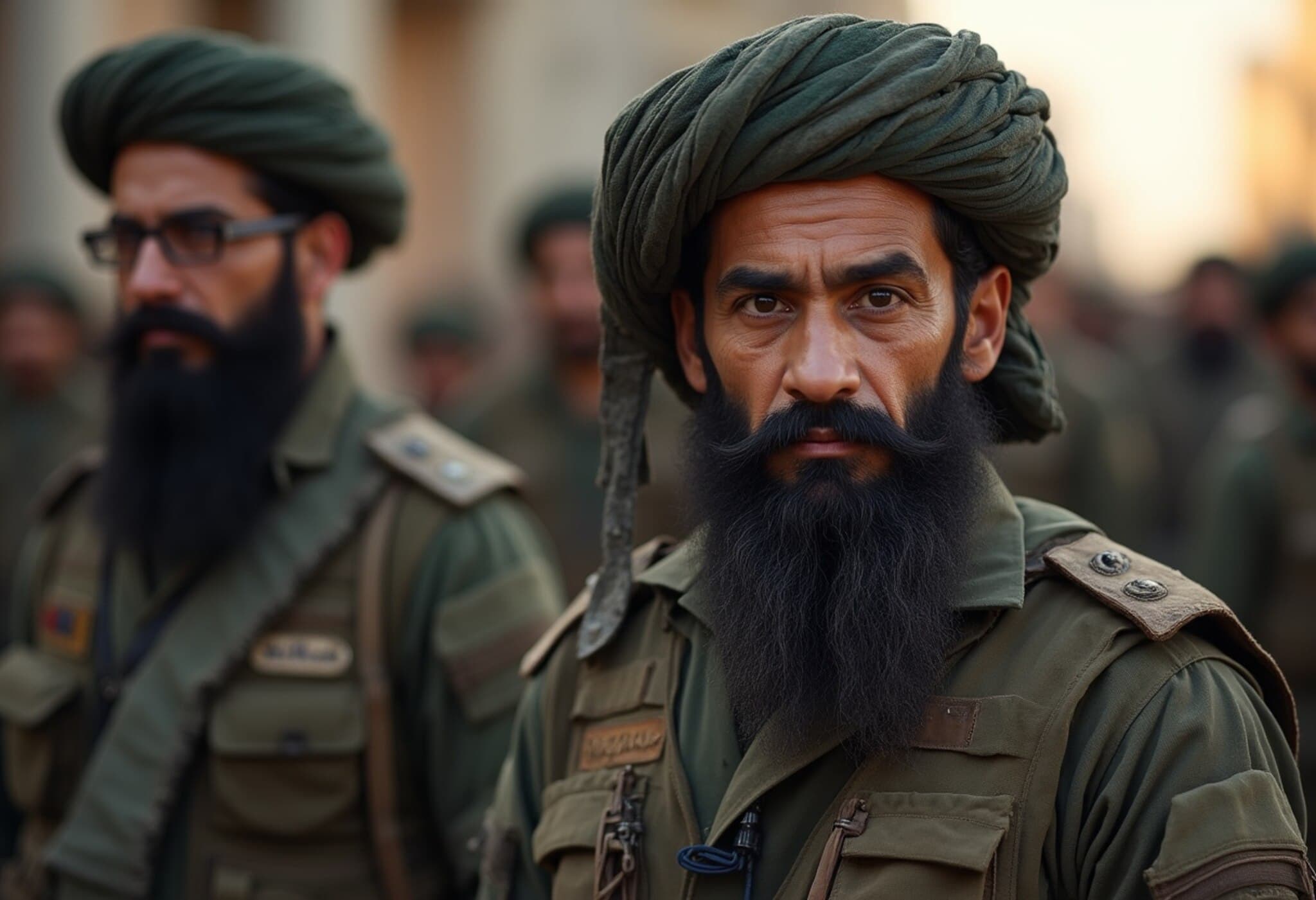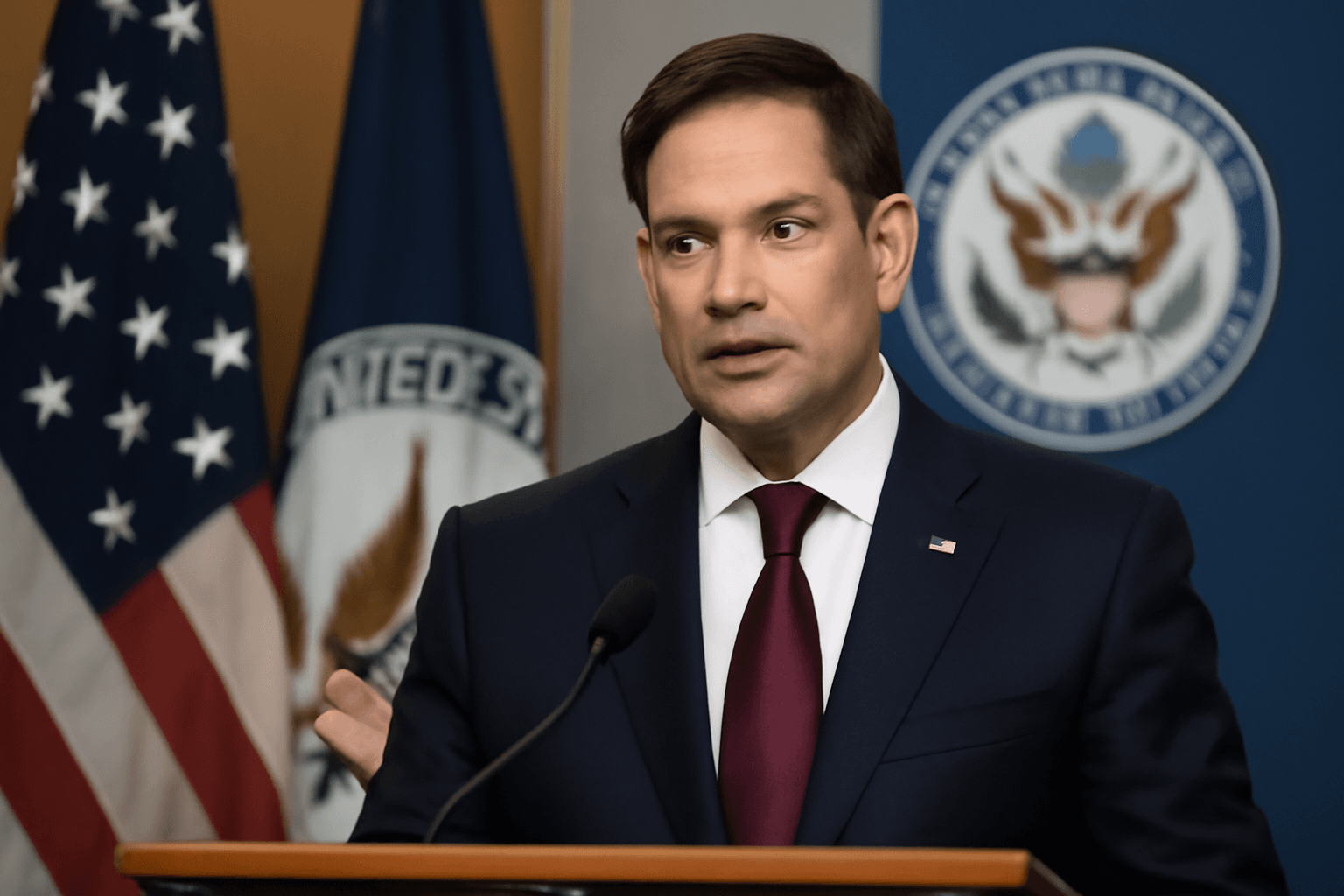ICC Takes Historic Step Against Taliban Leadership for Crimes Against Humanity
In a landmark move signaling increased international scrutiny on Afghanistan’s ruling Taliban, the International Criminal Court (ICC) has issued arrest warrants for two of the group’s top leaders, Haibatullah Akhundzada and Abdul Hakim Haqqani. The ICC accuses them of orchestrating widespread persecution against women, girls, and others defying the Taliban’s restrictive gender policies since their return to power in August 2021.
Details of the Warrants and Allegations
On July 8, 2025, the ICC’s Pre-Trial Chamber II revealed that the evidence presents reasonable grounds to believe that both Akhundzada, the Taliban’s Supreme Leader, and Haqqani, the Chief Justice of the Taliban’s regime, were complicit in crimes amounting to persecution on both political and gender-based grounds.
The charges cover a period stretching from the Taliban’s takeover on August 15, 2021, through to January 20, 2025. During this time, the Taliban implemented a series of draconian decrees severely limiting the rights and freedoms of women and girls, including:
- Prohibitions on girls’ education
- Restrictions on freedom of movement and expression
- Violation of privacy and family life
- Suppression of religious and conscientious freedoms, particularly for those who opposed the regime or deviated from its strict interpretations
Gender Persecution as Crimes Against Humanity
The ICC emphasized that these violations go beyond isolated acts of violence. Under Article 7(1)(h) of the Rome Statute, the court recognizes systemic and institutionalized discrimination as constituting crimes against humanity. This includes the enforcement of societal norms that have caused widespread harm through legal edicts, institutional policies, and targeted repression.
Notably, the ICC also highlighted abuses against individuals supporting women’s rights and those whose gender identity or sexual orientation clashes with Taliban ideology. This comprehensive persecution reflects a deeply entrenched pattern designed to disenfranchise and terrorize vulnerable populations across Afghanistan.
Implications for International Justice and Accountability
While the warrants remain sealed to safeguard victims and witnesses, their public acknowledgment serves a dual purpose: reinforcing international condemnation and potentially deterring further violations in Afghanistan. Experts note that this action marks a critical escalation in the ICC’s approach toward holding non-state actors accountable for human rights abuses, sending a clear message to regimes operating with impunity.
Lisa Montgomery, a human rights analyst specializing in South Asia, observes, "These charges underscore the importance of viewing gender-based violence not merely as social injustice but as international crimes that demand accountability. The ICC’s decision shines a spotlight on Afghanistan’s ongoing humanitarian crisis and signals a potential pathway for justice even in complex conflict zones."
Broader Context: Challenges Facing Afghan Women under Taliban Rule
The Taliban’s return has reversed many of the hard-won gains made by Afghan women over the past two decades. Across education, employment, and public life, women face unprecedented restrictions, fueling fears of societal regression. The ICC’s action contributes to international efforts striving to uphold women’s rights, yet enforcement remains fraught given Afghanistan’s political isolation and minimal cooperation with global institutions.
- Many Afghan women have taken enormous risks protesting or seeking education since 2021.
- International governments grapple with balancing diplomatic ties and human rights advocacy.
- Global organizations emphasize that sustainable change requires grassroots empowerment alongside legal accountability.
What’s Next?
While the ICC cannot enforce these warrants without state cooperation, the symbolic power of these indictments is profound. They offer a beacon of hope to victims and a warning to perpetrators that systematic gender persecution will not escape international justice forever.
For the global community, this is a call to intensify support for Afghan civil society, refugees, and human rights defenders working under perilous conditions to preserve dignity and freedom.
Editor's Note
This ICC action is a significant milestone in global justice efforts but also highlights enduring challenges in enforcing international law where state actors resist accountability. It raises urgent questions about the efficacy of international institutions amid ongoing conflicts and the need for coordinated strategies that combine legal, diplomatic, and humanitarian tools to protect vulnerable populations—especially women and girls—living under oppressive regimes.


